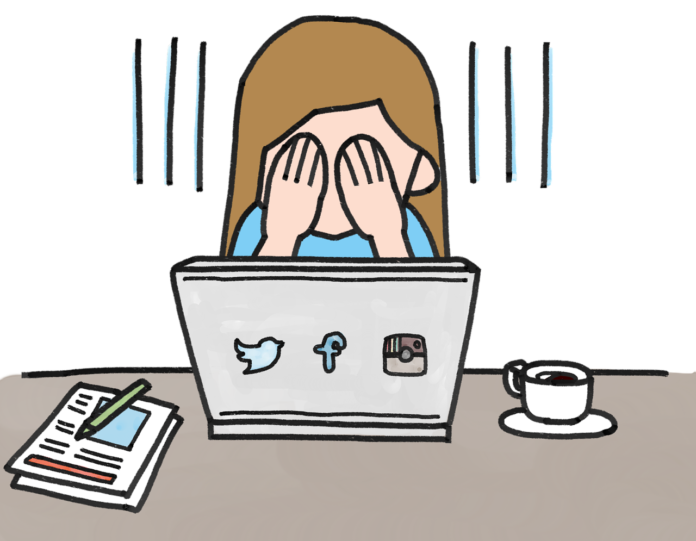Study shows that social media platforms such as Pinterest can help patients cope better with chronic pain
Social media platform Pinterest is emerging as a support system for people suffering from chronic pain.
A new study by researchers at Virginia Commonwealth University that analyzed 502 posts on Pinterest about chronic pain revealed that the social media platform is helping people with chronic pain cope. By sharing self-care and pain-management tips, venting about their pain’s severity, and supporting others who are similarly suffering, people deal with their own suffering better.
The study also suggests that Pinterest is an underutilized tool that health care and public health organizations could use to distribute high-quality, reputably sourced information about chronic pain. National Institutes of Health estimates that chronic pain affects one out of every five U.S. adults.
The study, “Pinning to Cope: Using Pinterest for Chronic Pain Management,” was published in the journal Health Education & Behavior. It was led by Jeanine Guidry, Ph.D., assistant professor in the Richard T. Robertson School of Media and Culture, and Eric Benotsch, Ph.D., associate professor in the Department of Psychology in the College of Humanities and Sciences.
While Pinterest is not the biggest social media platform — it had 250 million active users at the end of 2018, more than 80 percent of which were women — it clearly could be leveraged by health organizations to communicate quality information to patients
“We’re seeing that Pinterest is being used by patients to really support each other, to provide information for each other, and to just find an outlet for dealing with chronic pain,” said Guidry, who studies visual social media and mobile technology in health, risk, and crisis communication and message design.
Of the 502 posts, or pins, the researchers analyzed, nearly all (98.6 percent) referred in some way to the severity of chronic pain. Roughly one-third (32.9 percent) expressed a high level of perceived benefit for self-care, while 10 percent described a high level of barriers to self-care.
Tips for chronic pain management were present in 35.3 percent of posts, while tips for caregivers or friends were present in 17.9 percent.
Just under 22 percent mentioned a specific disease associated with chronic pain, and of these fibromyalgia was mentioned most frequently (13.3 percent of all posts), followed by arthritis (6.4 percent).
Almost half the sample (47.4 percent) referred in some way to problem-focused coping, while only 15.7 percent dealt with emotion-focused coping.
Nearly a quarter (22.9 percent) of all posts were primarily venting about chronic pain, while 14.9 percent were humorous and just 5 percent focused on acceptance of the condition.
“Our findings show that, first of all, people are talking about chronic pain on Pinterest,” Guidry said. “But second of all, our findings show that the vast majority of posts were by individuals.”
Relatively few of the posts originated with health care or public health organizations, but the study suggests that Pinterest could be an effective way to communicate with people with chronic pain, who statistically have a higher level of isolation in their lives and may be looking online for reliable information and effective coping strategies.
“Pinterest is used by organizations like the Centers for Disease Control and Prevention and the World Health Organization but not nearly as much as, say, Facebook and Twitter,” Guidry said. “But knowing that this conversation about chronic pain is taking place on Pinterest, health communication professionals should consider using Pinterest [more] because they can really reach out to the people who are trying to manage chronic pain.”
While Pinterest is not the biggest social media platform — it had 250 million active users at the end of 2018, more than 80 percent of which were women — it clearly could be leveraged by health organizations to communicate quality information to patients, Guidry said.


